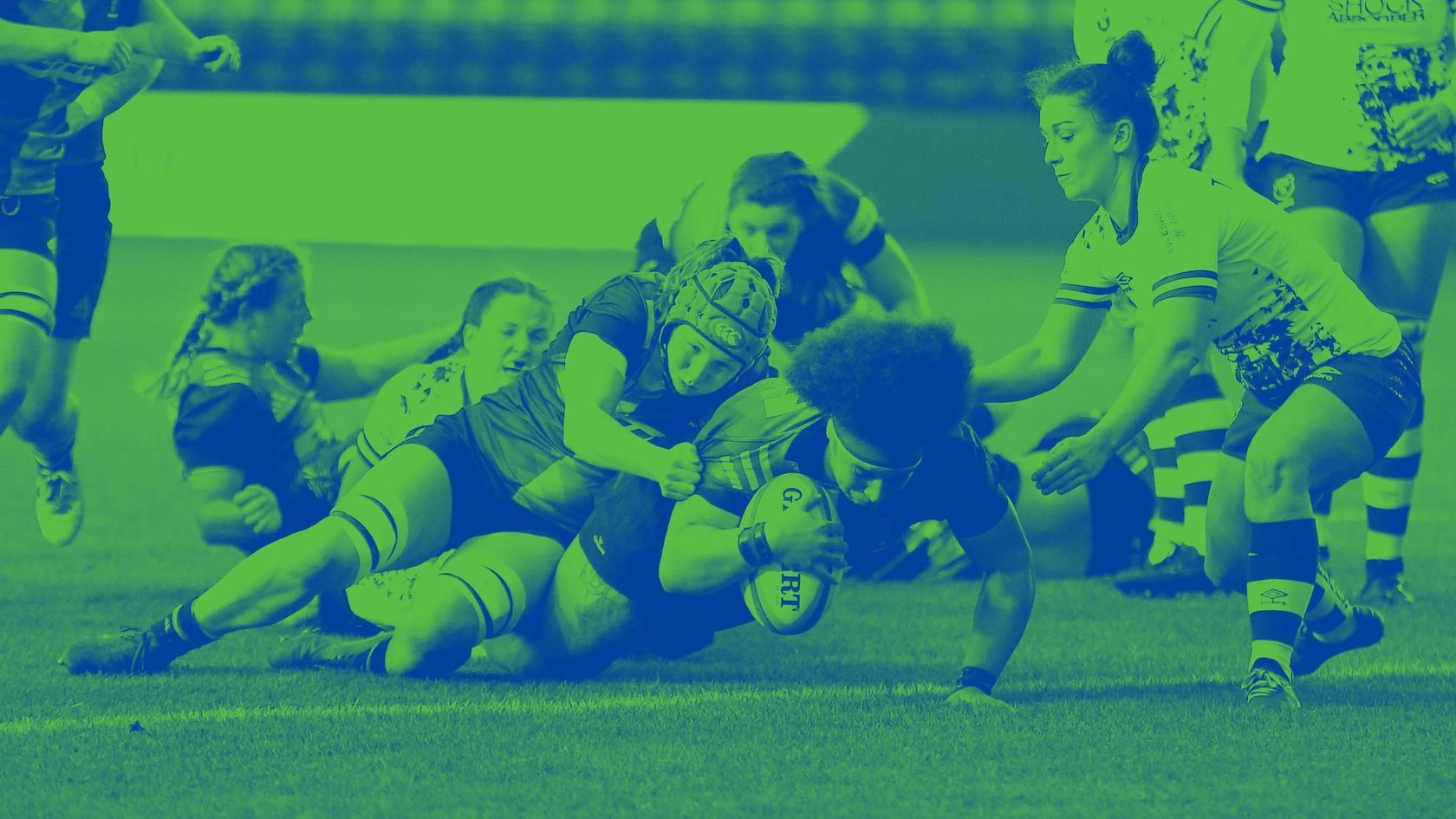Beginner's Guide - Why did the whistle blow?
Why did the whistle blow?
For anyone who is not familiar with the finer points of the Laws of rugby it can sometimes be hard to tell why the referee has stopped play for an infringement. Here we look at some of the most common reasons why the whistle may have blown. All match official signals can be found in the Match Official Signals section of the World Rugby laws website.
Advantage being played
Advantage can be applied to either minor infringements (e.g. knock-on), or offences which would result in a penalty (e.g. offside). The decision has to be made by the referee as to whether there may be more benefit to the non-offending team if play continues. If no advantage occurs, the referee will blow the whistle and bring play back to the place of the original infringement which occurred prior to advantage being played.
Forward pass or knock-on
Sometimes an attack which seems to be heading towards the try-line will be stopped by the referee’s whistle. If a pass has gone forwards, or a handling error has resulted in a knock-on, a scrum will have been awarded to the non-offending team.
Failure to release player or ball
After a tackle, the tackler must immediately release the ball carrier, and the ball carrier must immediately release the ball. Failure on either of these counts limits a fair contest for possession. If release does not occur within a reasonable timeframe, the referee will award a penalty to the non-offending team.
Failure to roll away
Any players on the ground when a ruck or maul is formed must immediately roll away from the ball, so as to allow continuity of play for the team in possession. Failure to do so will result in the award of a penalty to the non-offending team.
Joining ruck/maul from the side
When joining a ruck or maul, all players must do so from behind the hindmost foot of their hindmost team-mate. If they join from the side, they are in an offside position and taking part in the game, and this will immediately be penalised with the award of a penalty to the opposing team.
Unplayable ball at ruck or maul
If the ball becomes unplayable at a ruck, e.g. under players who are on the ground, the referee will award a scrum to the team going forward before the ball became unplayable. For a maul the scrum goes to the team not in possession when the maul began.





